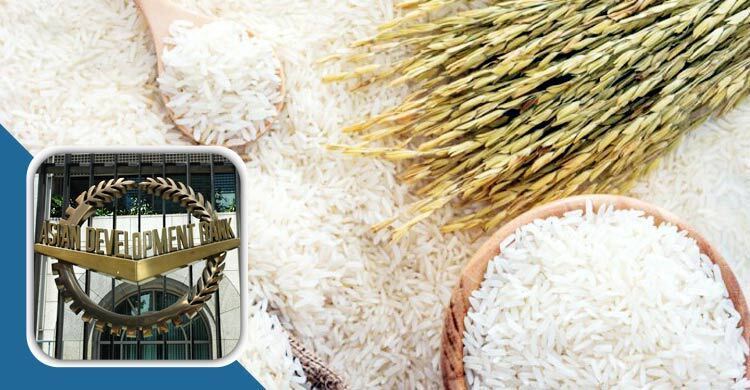ADB commits $1.5b for low-carbon rice farming in Bangladesh and beyond

The Asian Development Bank (ADB), headquartered in Manila, has announced a $1.5 billion investment to advance low-carbon and sustainable rice farming in Bangladesh and other parts of Asia and the Pacific (APAC) over the next five years.
This initiative, part of ADB’s $40-billion commitment to revolutionise food systems by 2030, aims to enhance rice productivity, promote climate-resilient farming practices, and improve livelihoods for smallholder farmers in Bangladesh, a key rice-producing nation.
Launched on June 9, 2025, in collaboration with the Consultative Group on International Agricultural Research (CGIAR) and co-financed by the Gates Foundation, the programme establishes a clearinghouse facility to support climate-smart agriculture, efficient water use, inclusive agricultural value chains, and improved nutrition for Bangladesh’s most vulnerable communities.
The initiative targets the unique challenges facing Bangladesh’s rice sector, including declining productivity, water scarcity, and significant greenhouse gas emissions from rice farming.
Fatima Yasmin, ADB vice-president for sectors and themes, reported that rice supplies “over a quarter of the region’s calorie intake, and half in Southeast Asia.”
“Today, that livelihood is increasingly threatened by extreme weather and environmental degradation,” she said.
The International Rice Research Institute (IRRI), part of CGIAR and based in Los Baños, Laguna, emphasised that the initiative will scale up innovations in rice systems to make Bangladesh’s rice sector more sustainable and resilient.
“Through partnerships with ADB and the Gates Foundation, we aim to empower smallholder farmers with climate-resilient, high-yield farming methods,” said Yvonne Pinto, IRRI Director General.
Bangladesh is among the first countries, alongside the Philippines, China, Cambodia, and Pakistan, to roll out projects under this initiative.
The programme is expected to address food security challenges and improve the well-being of Bangladesh’s rural communities by fostering sustainable rice production practices.

